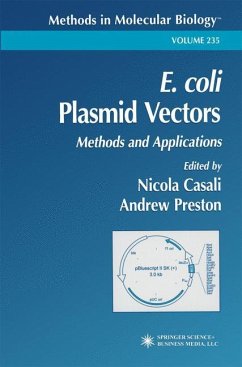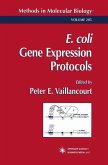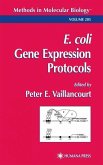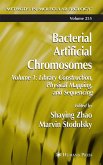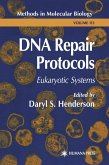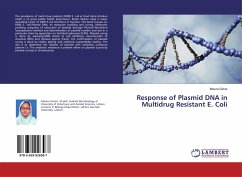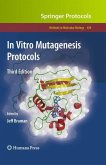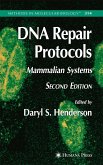A comprehensive collection of readily reproducible techniques for the manipulation of recombinant plasmids using the bacterial host E. coli. The authors describe proven methods for cloning DNA into plasmid vectors, transforming plasmids into E. coli, and analyzing recombinant clones. They also include protocols for the construction and screening of libraries, as well as specific techniques for specialized cloning vehicles, such as cosmids, bacterial artificial chromosomes, l vectors, and phagemids. Common downstream applications such as mutagenesis of plasmids, recombinant protein expression, and the use of reporter genes, are also described. Manipulation of recombinant DNA, which is almost exclusively performed using the host E. coli, constitutes one of the fundamental methodologies of molecular biotechnology. In E. coli Plasmid Vectors, experienced bench researchers describe their proven techniques for the manipulation of recombinant plasmids utilizing this popular bacterial host. The authors describe readily reproducible methods for cloning DNA into plasmid vectors, transforming plasmids into E. coli, and analyzing recombinant clones. They also include protocols for the construction and screening of libraries, as well as specific techniques for specialized cloning vehicles, such as cosmids, bacterial artificial chromosomes, l vectors, and phagemids. Also presented are methods for common downstream applications, such as mutagenesis, expression of recombinant proteins and RNA transcripts, and uses of reporter genes. Each fully tested protocol is described in step-by-step detail by an established expert in the field and includes an introduction outlining the principles behind the technique, lists of the necessary equipment and reagents, tips on troubleshooting and avoiding known pitfalls and, where needed, a discussion of the interpretation and use of the results.
Comprehensive and highly practical, E. coli Plasmid Vectors offers those new to the field a basic guide to the use of plasmid vectors in the cloning host E. coli, and those more experienced researchers a broad-ranging, proven array of successful techniques.
Comprehensive and highly practical, E. coli Plasmid Vectors offers those new to the field a basic guide to the use of plasmid vectors in the cloning host E. coli, and those more experienced researchers a broad-ranging, proven array of successful techniques.
...a scientific review and a methodological "cook-book" of high quality. It is truly a highly practical handbook, useful for all scientists working with gene cloning and manipulation." - Folia Microbiologica
"...a very useful addition to laboratories investigating plasmids per se, and for those employing plasmids as vectors for gene cloning." - Microbiology Today
"...a very useful addition to laboratories investigating plasmids per se, and for those employing plasmids as vectors for gene cloning." - Microbiology Today

